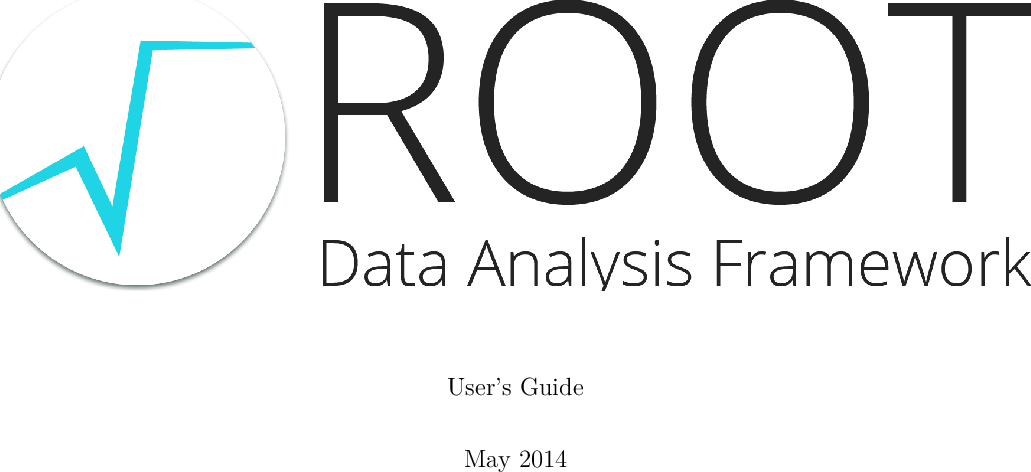

Make the inheritance relationship between classes exist, Is the premise of realizing polymorphic operation Reduce the amount of code, It can improve the reuse rateĢ. therefore, A subclass is a specialized version of the parent class, It inherits all instance variables and methods defined in the parent class, And added unique elements.

Stay JAVA in, The inherited class is called the parent class (parent class) Or superclass (superclass), A class that inherits a parent class is called a subclass (subclass) Or derived class (derivedclass). Use variables, etc private modification, Or encapsulated in the method, Make it inaccessible directly, Increased access steps and difficulty stay getter/setter Add property control statement to method ( Used to judge the validity of attribute values ) Write the corresponding getter/setter Method ( For reading and writing properties ) ģ.

Privatize member variables ( Use private modification ) Ģ. You’ll also explore how your own background influences your approach and develop a better understanding of your mental health to benefit both your personal life and career.Three characteristics of object orientationĮncapsulation is to put the commonness of the same kind of things ( Include properties and methods ) Fall into the same category, Easy to use. In addition, you’ll write an assignment based on a real-world case study in which you’ll be able to demonstrate your new skills, including writing an argument for diagnosis and an intervention plan.īy the end, you’ll have the skills and confidence to support children and young people with their mental health. Apply your growing mental health knowledge throughout the courseĮach week, you’ll have the opportunity to consolidate your learning through reflective activities that will form part of your final assessment.
#Getting the collection name java reflection professional#
For over 30 years, they have been delivering online learning in health and social care that is used in a range of professional contexts as well as non-professional backdrops such as parenting and family life. This microcredential has been created by academic experts at The Open University who have a reputation for transforming lives through world-class health and social care education and research. Learn from the experts in health and social care You’ll have the opportunity to engage in personal reflection, and to put theory into practice, by immediately using the tools and techniques that you learn in your own context. Throughout the course, you’ll benefit from real-world examples from across health, education, and social care sectors. Expand your skills through highly relatable examples and psychological theories You’ll also explore effective mental health interventions, such as working therapeutically to build relationships and developing skills to actively listen, all to help you put children and young people at the centre of their support plans. This microcredential will develop your ability to see the signs of mental health issues and identify risk factors. You’ll also explore the mental health impact of special educational needs, bereavement and grief, eating disorders, gender identity and sexuality. Over 12 weeks, you’ll build your understanding of the most common mental health issues experienced by children and young people including anxiety, depression, and challenging behaviour.

Discover common mental health issues and effective mental health interventions You’ll also gain skills to support children and young people’s psychological wellbeing using proven therapeutic approaches. You’ll start by investigating neurological, cognitive, emotional, and psychosocial development, expanding your awareness of how the brain develops throughout childhood and the role of people who are significant in a child’s growth, such as parents. Explore childhood development and the influences on mental health With a focus on children and young people’s developmental stages and social environments, you’ll develop your understanding of theory and practice which will enable you to identify and implement appropriate support strategies. This microcredential will support those working in health, social care, and education to develop essential skills to understand the mental health issues experienced by children and young people, and the interventions that can help to address them. If you work with children and young people under 18, it’s crucial you have the knowledge and skills to help them. It’s estimated that one in six children are affected by mental health issues, yet 75% of those who experience a problem aren’t getting the support they need ( Mental health in children and young people | Mental Health Foundation).


 0 kommentar(er)
0 kommentar(er)
